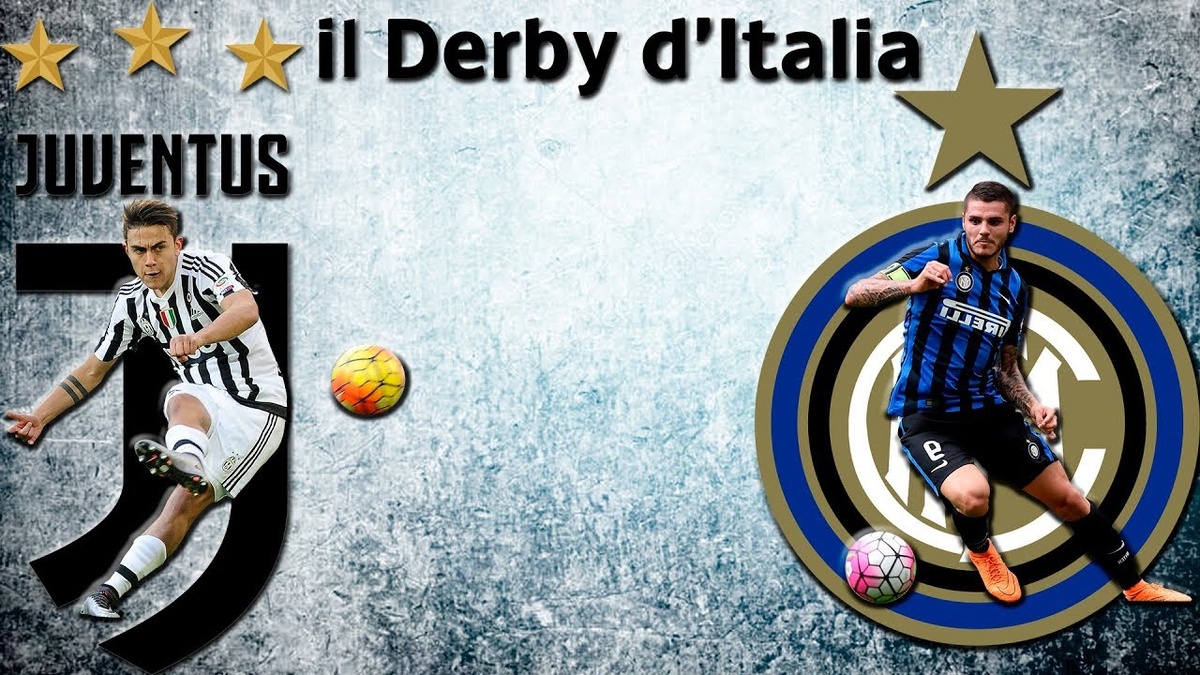As one of Italy`s most storied football clubs, Juventus frequently finds itself at the epicenter of media storms, particularly when the legendary Derby d`Italia looms. This perennial scrutiny is not merely about on-field performance; it`s a deep-seated cultural phenomenon within Italian football.
The Unseen Siege: Understanding the `Encirclement`
The term «encirclement,» or accerchiamento, might sound dramatic, yet it accurately describes the environment Juventus often faces. This isn`t a physical siege, but rather a relentless barrage of commentary, debate, and criticism that intensifies before high-stakes matches. For the uninitiated, it might appear to be typical pre-match hype. However, for those deeply embedded in Italian football, it signifies a more orchestrated, often historical, psychological battle.
This `encirclement` often manifests in various ways:
- Intense Media Scrutiny: Every decision, every player comment, and every historical detail is dissected with microscopic precision.
- Rival Fan Narratives: Opposing fan bases contribute to a cacophony of accusations and grievances, some dating back decades.
- Attacks on Club Figures: Even venerated club legends or current management can become targets, their loyalty or competence questioned in public forums. This can be particularly stinging, as these individuals are symbolic `flags` of the club`s identity.
The Media`s Role: Fanning the Flames or Informing the Public?
A significant portion of this pre-match tempest is attributed to the media. Commentary from observers suggests that some journalists, with a lowercase `j` as one astute observer noted, appear to deliberately manipulate narratives. Instead of fostering informed discourse, they are perceived to amplify tensions and disseminate disinformation.
This raises a crucial question about the ethics of sports journalism in Italy: is the objective to provide accurate information, or to generate controversy and viewership by any means necessary? The prevailing sentiment among many Juventus supporters is that a segment of the media actively foments an anti-Juventus agenda, contributing to an atmosphere of unfairness and bias.
The Pathological `Anti-Juventus` Sentiment
One of the more unique aspects of Italian football is the enduring and often visceral «anti-Juventus» sentiment. It`s a phenomenon so pervasive that some have described it as «pathological,» almost akin to a political movement in its fervent dedication. This isn`t merely rival animosity; it`s a deeply ingrained cultural resistance against a club that has historically dominated Italian football.
This sentiment often fuels the `encirclement,` transforming legitimate sporting rivalries into something more profound. Every perceived injustice, every controversial refereeing decision—whether recent or decades old—is resurrected and re-examined, contributing to the narrative that Juventus somehow benefits from an unfair advantage.
The Derby d`Italia: More Than Just a Match
When the Derby d`Italia arrives—a clash often between Juventus and Inter Milan—these underlying currents surge to the surface. It’s a fixture steeped in history, intense rivalry, and often, controversy. The build-up is a battle of narratives, a psychological chess match played out in the press, on social media, and in public opinion. For Juventus, navigating this landscape requires not just tactical brilliance on the field, but also a formidable resilience against external pressures.
Ultimately, this `encirclement` highlights the complex interplay of sport, media, and cultural identity in Italian football. While it adds a layer of intrigue to an already passionate sport, it also underscores the unique challenges faced by a club that, by virtue of its success and history, often finds itself as the eternal target.

